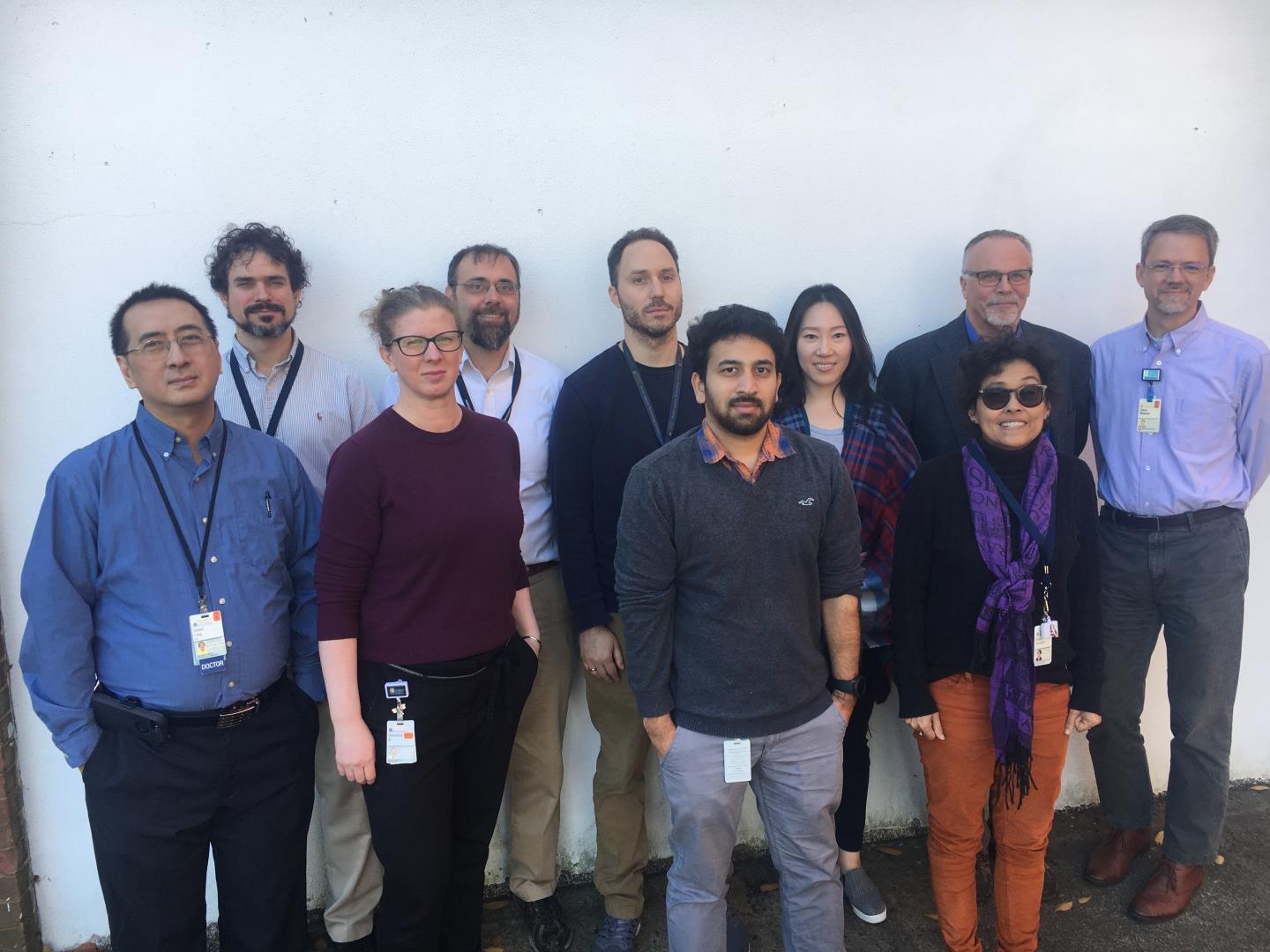HEALTH
UVA health proposal chosen for AI competition on how to help prevent hospital readmission
A UVA Health proposal to reduce hospital readmissions was among 25 submissions chosen - from more than 300 applications - for a national competition seeking ideas on how artificial intelligence can improve healthcare.
The UVA Health data science team will compete alongside proposals from organizations that include IBM and Mayo Clinic in the first Centers for Medicare & Medicaid Services Artificial Intelligence Health Outcomes Challenge. UVA's project seeks to not only predict which patients are at risk of being readmitted to the hospital multiple times but suggesting a personalized plan to prevent those readmissions.
"Artificial Intelligence is a vehicle that can help drive our system to value - proven to reduce out-of-pocket costs and improve quality. It holds the potential to revolutionize healthcare: imagine a doctor being able to predict health outcomes - such as a hospital admission - and to intervene before an illness strikes," said CMS Administrator Seema Verma. "The participants in our AI Challenge demonstrate that such possibilities will soon be within reach. We congratulate the 25 innovators who have been selected to continue, and we look forward to seeing what else they have in store."
Predicting and Preventing Readmissions
An analysis by the UVA Health data science team developing the proposal found that 3% of patients at UVA account for 30% of readmissions within 30 days of being discharged from the hospital. Most of those return hospital visits occur within 12 months of the first admission, so being able to predict which patients are at risk for multiple readmissions is vital.
One challenge is that not all readmissions can be stopped; published research estimates that less than one-third of readmissions within 30 days of discharge from the hospital are actually preventable. For example, elderly patients are at higher risk for readmissions, but there's nothing that can be done about a patient gets older.
Based on an analysis of data from insurance claims and electronic medical records - and building on work they have already done to reduce readmissions - the UVA Health team has identified several risk factors that can be addressed.  {module INSIDE STORY}
{module INSIDE STORY}
For example, a patient may not be taking full advantage of preventive care options, may have chronic conditions such as diabetes or may not be able to effectively manage theirs due to medical illiteracy or other factors. A patient's risk for readmission may also vary based on why they are coming to the hospital. For instance, a patient with cancer coming to the hospital for a regular chemotherapy session would be at lower risk than if the same patient was admitted to the hospital with a hip fracture.
But the model doesn't stop with identifying patients at increased risk for multiple readmissions. "The core idea of our proposal is to suggest possible interventions," said Bommae Kim, Ph.D., a UVA Health senior data scientist. "For example, a patient may have dementia and can't take care of themselves. So we may talk with a caregiver about different care options or help find other resources to help the patient."
Refining Their Work
The UVA Health team has until February 2020 to submit their updated proposal to CMS. Later next year, they will learn whether they were selected as 1 of 7 finalists to compete for a $1 million grand prize. But the opportunity to build on the team's efforts over the past five years to incorporate AI into patient care has already proved valuable.
"Just putting together the proposal is helping us accelerate our work to improve care for our patients," said Jonathan Michel, Ph.D., UVA Health's director of data science.
